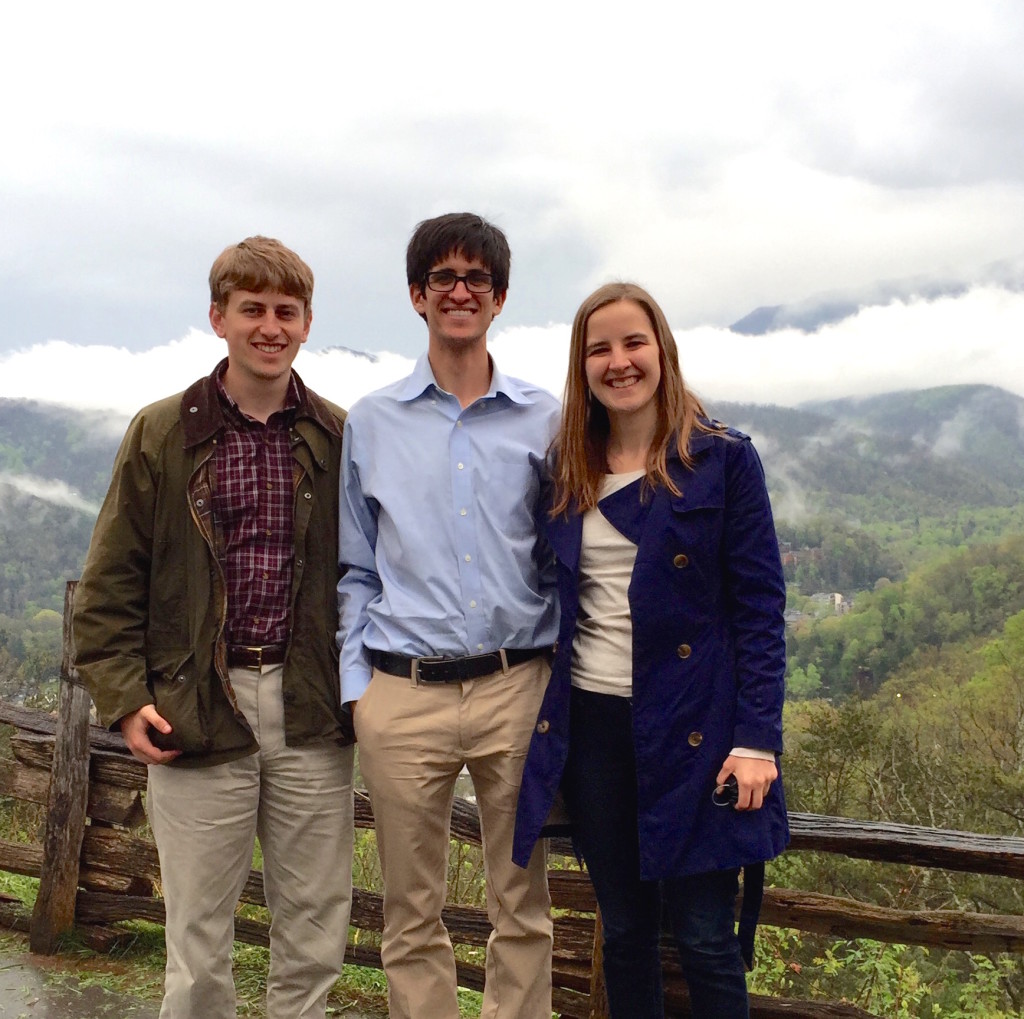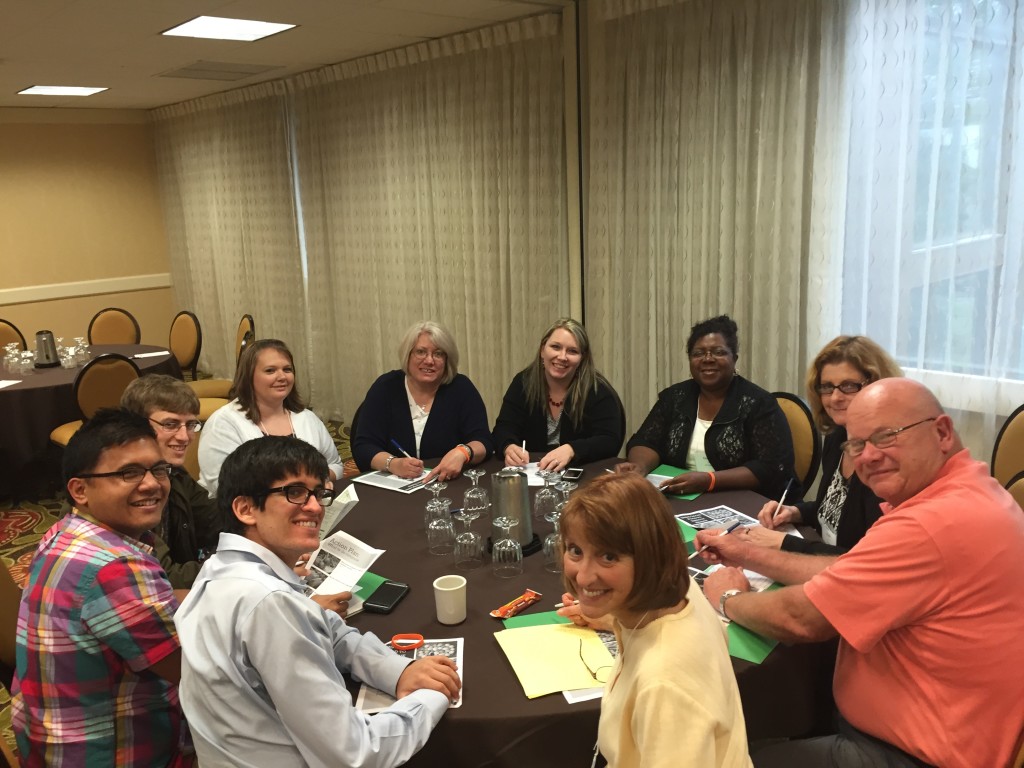By: Colin Ross ( JD ’16)
 Science class was always a struggle for me in school. So I felt nervous as a speaker when I looked at my program and saw that I would be preceded by an official from the Centers for Disease Control and Prevention (CDC). Thanks to Hollywood movies, most of us probably think of the CDC as the scientists in full-body rubber suits who come to contain the spread of viral, infectious diseases. I’m sure they’ve got those suits ready somewhere, but this CDC official and I were instead taking part in an effort to target a different type of disease epidemic in America: diabetes.
Science class was always a struggle for me in school. So I felt nervous as a speaker when I looked at my program and saw that I would be preceded by an official from the Centers for Disease Control and Prevention (CDC). Thanks to Hollywood movies, most of us probably think of the CDC as the scientists in full-body rubber suits who come to contain the spread of viral, infectious diseases. I’m sure they’ve got those suits ready somewhere, but this CDC official and I were instead taking part in an effort to target a different type of disease epidemic in America: diabetes.
Rates for diabetes have marched grimly upwards in the last few decades. In 1995, three states had diabetes prevalence rates of 6% or higher. In 2010, every state did.[1] Nationwide, over 12% of Americans age 20 or older have diabetes.[2] If current trends remain intact, the CDC estimates that over 50 million Americans will have diabetes by 2025.[3] As this health crisis accelerated in the early 2000’s, a group of community members, non-profit organizations and schools in Appalachia—one of the regions hardest hit by the epidemic—came together to form local Appalachian Diabetes Coalitions to push for and implement changes on the local, state, and national level—everything from opening more walking trails and community gardens to advocating for healthier meals in schools. In Gatlinburg, Tennessee, right up against the breathtakingly beautiful Great Smoky Mountains, the Appalachian Diabetes Coalitions met from April 15-17 for their annual conference to discuss their past successes and to plan for the future. The CDC official was there to discuss the nationwide picture and connect it to the work of the Coalitions on the front lines.
I and my two companions—Sam Block, a fellow law student, and Ona Balkus, our attorney supervisor—were there on behalf of Harvard Law School’s Mississippi Delta Project and Food Law and Policy Clinic to present on how local food policy can help create a healthier food environment. A leading driver of the diabetes increase has been our country’s skyrocketing obesity rate. More than one in three American adults are obese, as are almost one in five American children.[4] Armed with research from our team of six law students back in Cambridge, we presented about policies that could encourage healthier eating and improve local economies by sourcing food from local farms.
It was a joy to see the local coalition members animated by the possibilities of bringing some of the policies back home and many lively discussions followed about what policies would best fit the needs of their communities. Mobile farmers markets, decreased sales taxes on fruits and vegetables, and farm-to-institution policies were some of the most popular policy ideas. We ended our presentation by facilitating the coalitions in developing action plans for moving policy change forward in their communities. In the end, we’re just the facilitators. It is the coalitions who will do the heavy-lifting of convincing stakeholders and policymakers to enact and implement these changes.
It was an honor to share a room with them. They don’t get the glamor of white lab coats, but as the presence of the CDC should indicate, the public health threats they are combatting are just as real—and currently far greater in magnitude—as those posed by the flashier diseases. We have a long way to go in battling the twin diabetes and obesity crises, but it would be tough to find something more inspiring than a group of committed Americans coming together to organize and solve a problem. We were thrilled that our food policy research was so well-received and we hope to continue working with these public health heroes as they continue their critical work.
To stay up to date on our work with diabetes and FLPC’s other projects, follow us on Facebook and twitter.
————–
The views reflected in this blog are those of the individual authors and do not necessarily represent those of the Center for Health Law & Policy Innovation or Harvard Law School. This blog is solely informational in nature, and not intended as a substitute for competent legal advice from a licensed and retained attorney in your state or country.



Health Law & Policy, Commentary
Braidwood Management v. Becerra: Updated FAQs for Health Advocates and Providers
July 22, 2024